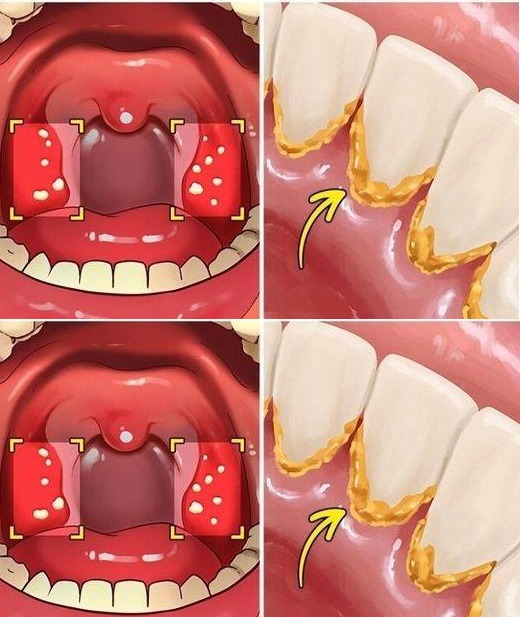
6 Proven Ways to Avoid Bad Breath
Bad breath, medically known as halitosis, can be a source of embarrassment and social discomfort. It’s a problem many people face, but the good news is that it’s often preventable with a few simple habits. In this article, we’ll dive into six proven ways to keep your breath fresh, boost your confidence, and maintain great oral hygiene.
1. Brush and Floss Regularly
The foundation of fresh breath is good oral hygiene. Brushing and flossing remove food particles and plaque, which can harbor bacteria that cause unpleasant odors.
Brush Twice a Day: Use fluoride toothpaste and brush for at least two minutes. Pay extra attention to your tongue, as bacteria often accumulate there.
Floss Daily: Flossing removes food stuck between teeth that a toothbrush can’t reach, preventing bacteria buildup and bad breath.
Pro Tip: Replace your toothbrush every three to four months to ensure effective cleaning.
2. Stay Hydrated
Dry mouth, or xerostomia, is a common cause of bad breath. Saliva plays a crucial role in washing away food particles and bacteria. When your mouth is dry, these odors can intensify.
Drink Plenty of Water: Aim for at least 8 glasses a day to keep your mouth moist.
Chew Sugar-Free Gum: This stimulates saliva production, helping to rinse away odor-causing debris.
Avoid caffeinated drinks and alcohol, as they can dry out your mouth and worsen bad breath.
3. Watch Your Diet
Certain foods are notorious for causing bad breath, but your overall diet plays a big role too.
Avoid Odor-Causing Foods: Garlic, onions, and spicy foods can leave lingering smells. While these are healthy, consume them in moderation if you’re worried about your breath.
Include Breath-Boosting Foods: Crisp fruits and vegetables like apples, carrots, and celery naturally clean teeth and promote fresh breath. Foods high in probiotics, such as yogurt, can also reduce bad breath by promoting healthy gut bacteria.
4. Use Mouthwash Effectively
Mouthwash is a powerful tool to combat bad breath, but it’s essential to use the right kind.
Opt for Antibacterial Mouthwash: This kills odor-causing bacteria and leaves your mouth feeling fresh.
DIY Mouthwash: Mix warm water with a teaspoon of baking soda or salt for a natural rinse that neutralizes odors.
Remember, mouthwash is not a replacement for brushing and flossing—use it as part of a comprehensive oral hygiene routine.
5. Regular Dental Checkups
Even with excellent oral care, underlying dental issues can cause bad breath. Regular visits to the dentist help identify and address these problems.
Tackle Cavities and Gum Disease: Both can harbor bacteria that contribute to halitosis.
Professional Cleaning: Dentists remove plaque and tartar buildup that can lead to bad breath.
Schedule a dental checkup every six months for optimal oral health.
6. Quit Smoking
Tobacco products are a leading cause of chronic bad breath. Smoking dries out your mouth, leaves a lingering odor, and contributes to gum disease.
Seek Support to Quit: Use nicotine patches, join support groups, or talk to your doctor for help.
Replace Smoking with Healthy Habits: Chew sugar-free gum or snack on raw veggies when cravings strike.
Quitting smoking not only improves your breath but also enhances your overall health.
When to See a Doctor
If you’ve tried all these tips and still struggle with persistent bad breath, it could be a sign of an underlying medical condition, such as:
Sinus infections
Acid reflux
Diabetes
Liver or kidney issues
Consult a healthcare professional to rule out these causes and find a solution.
Fresh Breath Equals Confidence
Bad breath doesn’t have to hold you back. By incorporating these six proven strategies into your daily routine, you’ll not only enjoy fresher breath but also improved oral health and greater confidence in social situations. Start today, and say goodbye to bad breath for good!
Share these tips with someone who might need them—they’ll thank you later!